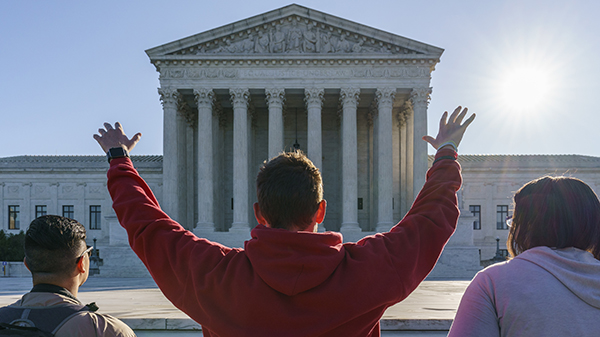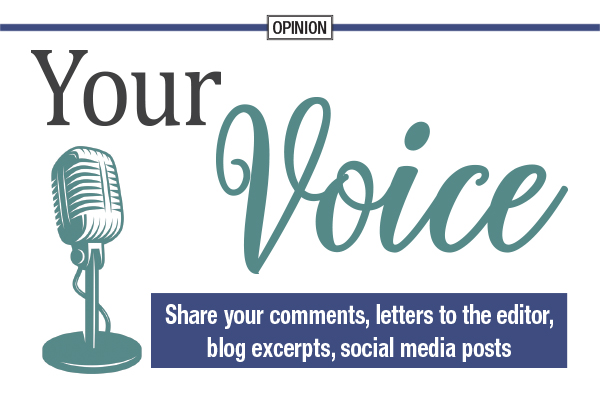The U.S. Supreme Court has vacated a federal court’s ruling that required health insurance plans to cover abortions.
In a Nov. 1 brief, the high court sent the Roman Catholic Diocese of Albany v. Emami court case back for reconsideration in light of a case, Fulton v. Philadelphia, decided earlier this year involving religious freedom issues.
It is not uncommon for the high court to order a lower court to revisit a case when an intervening Supreme Court decision could affect a lower court’s thinking on the issue.
Three justices — Clarence Thomas, Samuel Alito and Neil Gorsuch — said the high court should have heard the case rather than sending it back.
Faith-based provisions
The court’s unanimous Fulton decision grants faith-based foster care and adoption providers the right to “continue serving children and families according to their convictions.” The Southern Baptist Convention’s Ethic & Religious Liberty Commission joined several other religious entities in signing a brief, petitioning the Supreme Court for a writ of certiorari to the Supreme Court of New York.
The ERLC has argued that, though there is a religious exemption built into New York’s regulation, those opposed to the mandate believe, in effect, that the exemption is too narrow; it “shields some churches but not other religious organizations.” While religious groups whose purpose is to “employ and serve primarily people of the same religion” are granted an exemption, those with a “broader religious mission” or broader hiring and service policies are not. In fact, based on the stated qualifications, it is likely that “few religious employers” will actually qualify for exemption, the ERLC argues.
Additionally, while the New York regulation states “that employer-sponsored health care plans cannot ‘limit or exclude coverage for abortions that are medically necessary,’ the term medically necessary goes largely undefined,” the ERLC asserts.
“Presumably, according to what’s suggested in official guidance documents, the State intends for the term to include not only ‘abortions in cases of rape, incest or fetal malformation,’ but also ‘abortions of babies afflicted with Down syndrome and other maladies.’ In other words, while the parameters of the religious exemption are especially narrow, the parameters of what’s defined as a ‘medically necessary’ abortion are unconscionably broad,” Jordan Wootten, ERLC’s news and culture channel editor, has written.
“The government has no right to force churches and religious ministries to violate their consciences and pay for abortions,” he further explained.
The case will now be sent down to the New York Court of Appeals for hearing.
(Compiled from reports by The Associated Press and the Ethics & Religious Liberty Commission)




Share with others: